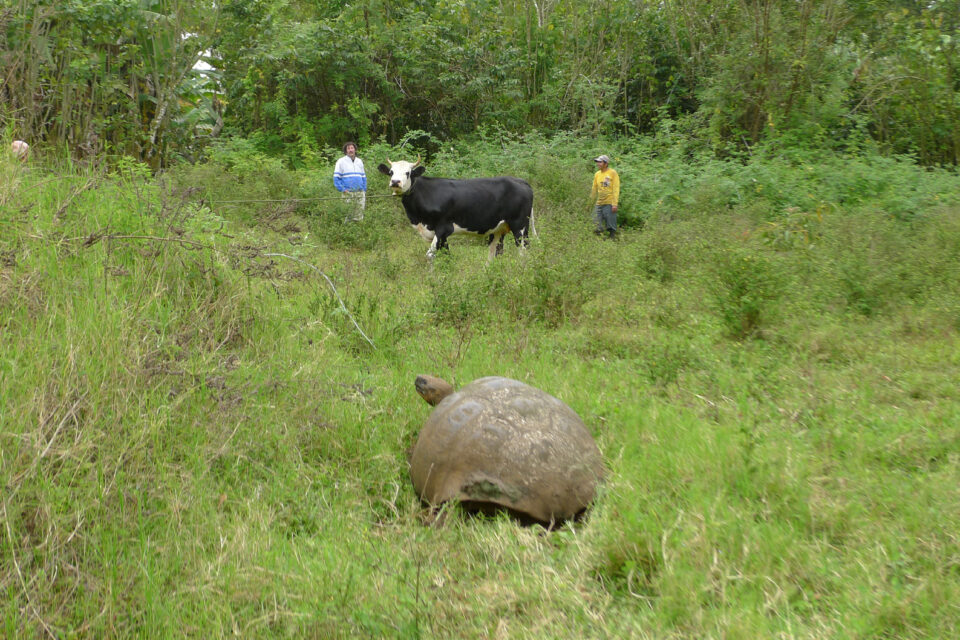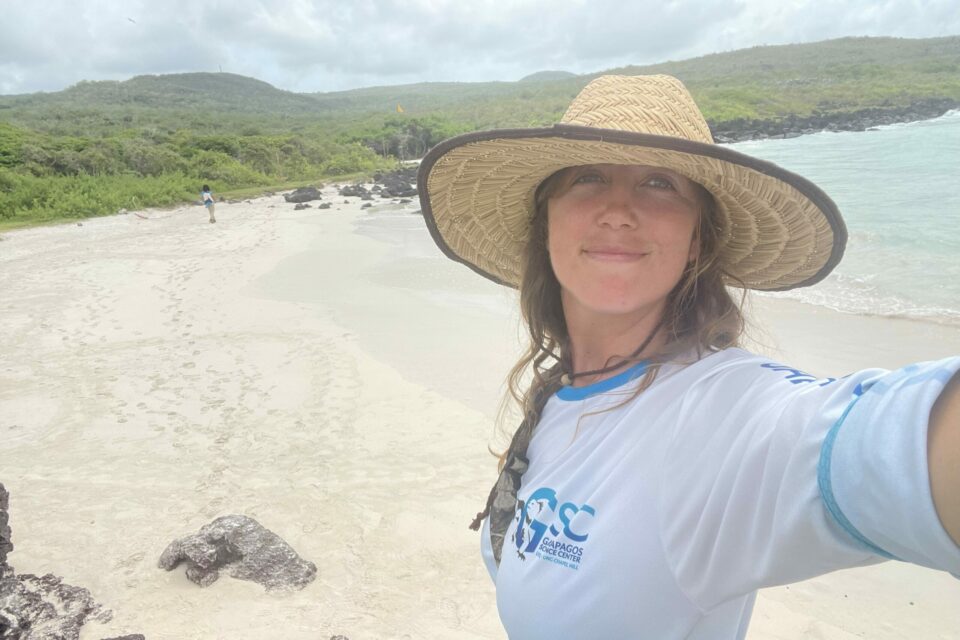

Galapagos National Park reports the deaths of three birds from avian flu
Three birds found dead in the Galapagos Islands have tested positive for avian influenza (H5N1), according to preliminary results released by the Galapagos National Park Directorate (GNPD) on Tuesday 19 September.
The GNPD’s technical team and the Agency for the Control and Regulation of Biosecurity and Quarantine for Galapagos (ABG) are currently working to collect samples and carry out laboratory analysis to determine the cause of death of a number of birds found on several different islands. Of the five specimens examined so far, three have tested positive for H5N1, and the material collected will now be sent to the National Institute of Public Health Research (INSPI) in Guayaquil for confirmation.
Biosecurity protocols have been activated in Galapagos to reduce the risk of the virus spreading, including the closure of several tourist visitor sites on the islands of Genovesa, San Cristobal and Española. Tour operators have also been instructed to implement stricter procedures for disinfecting footwear and clothing before landing at other visitor sites, and to continuously disinfect outdoor public areas and dinghies used for disembarkation.
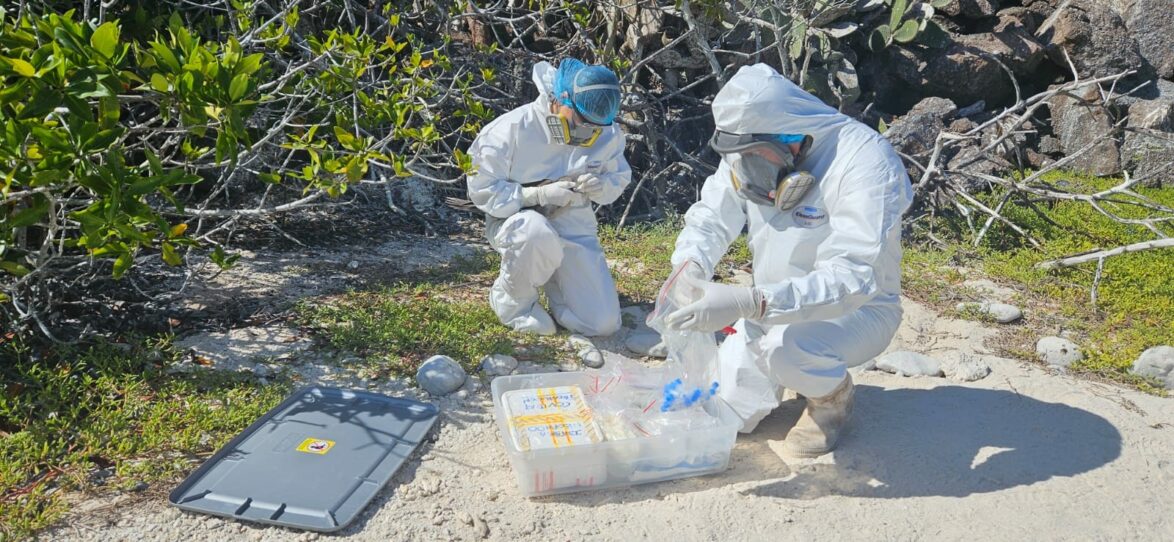
The GNPD and ABG continue to monitor the habitat and nesting areas of endemic bird species such as Galapagos penguins and flightless cormorants, and teams have been deployed across the Archipelago to assess the situation. Park guides and tour operators have also been asked to assist with monitoring the behaviour of wildlife, and to report any concerns immediately to the local authorities.
More than half a billion farmed birds have died or been culled globally due to avian flu since 2021, and it is estimated that hundreds of thousands of wild birds have died, including along the coast of mainland South America, where the virus has also killed thousands of sea lions.
This deeply concerning news comes at a precarious time for marine life in Galapagos, with the developing El Niño event threatening the same populations of seabirds that are now highly vulnerable to the arrival of H5N1 in the Archipelago. The way in which this virus has rapidly spread amongst both farmed birds and wild animals across the globe, and the risks it poses to both wildlife and humans, is another reminder of how the health of people, animals and the environment are all connected. We continue to monitor this developing situation, and Galapagos Conservation Trust, along with our local partners, stands ready to support the Galapagos National Park in responding to this serious threat to the Islands.
For the latest updates from the GNPD (in Spanish), visit facebook.com/parquegalapagos
Biosecurity protocols have been activated in Galapagos to reduce the risk of the virus spreading, including the closure of several tourist visitor sites on the islands of Genovesa, San Cristobal and Española.
Related articles

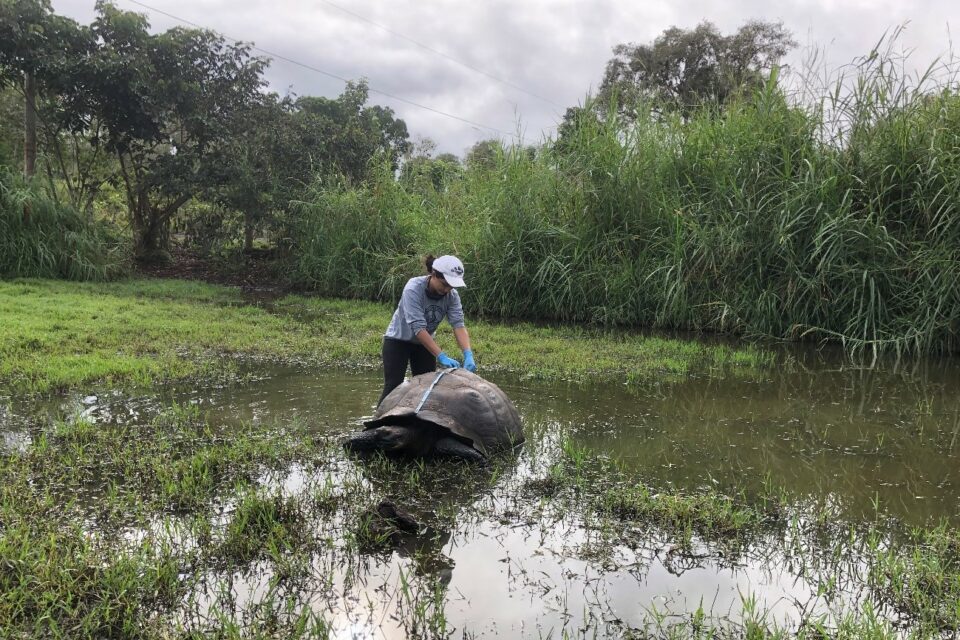
Women in Science: PCR in Galapagos Giant Tortoises
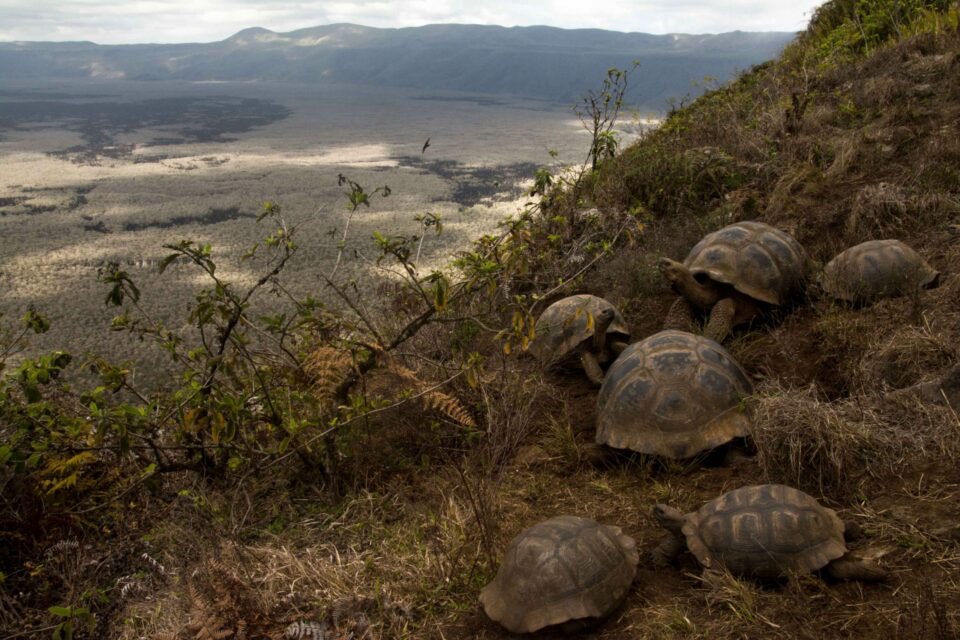
Human activity drives antibiotic resistance in Galapagos tortoises
